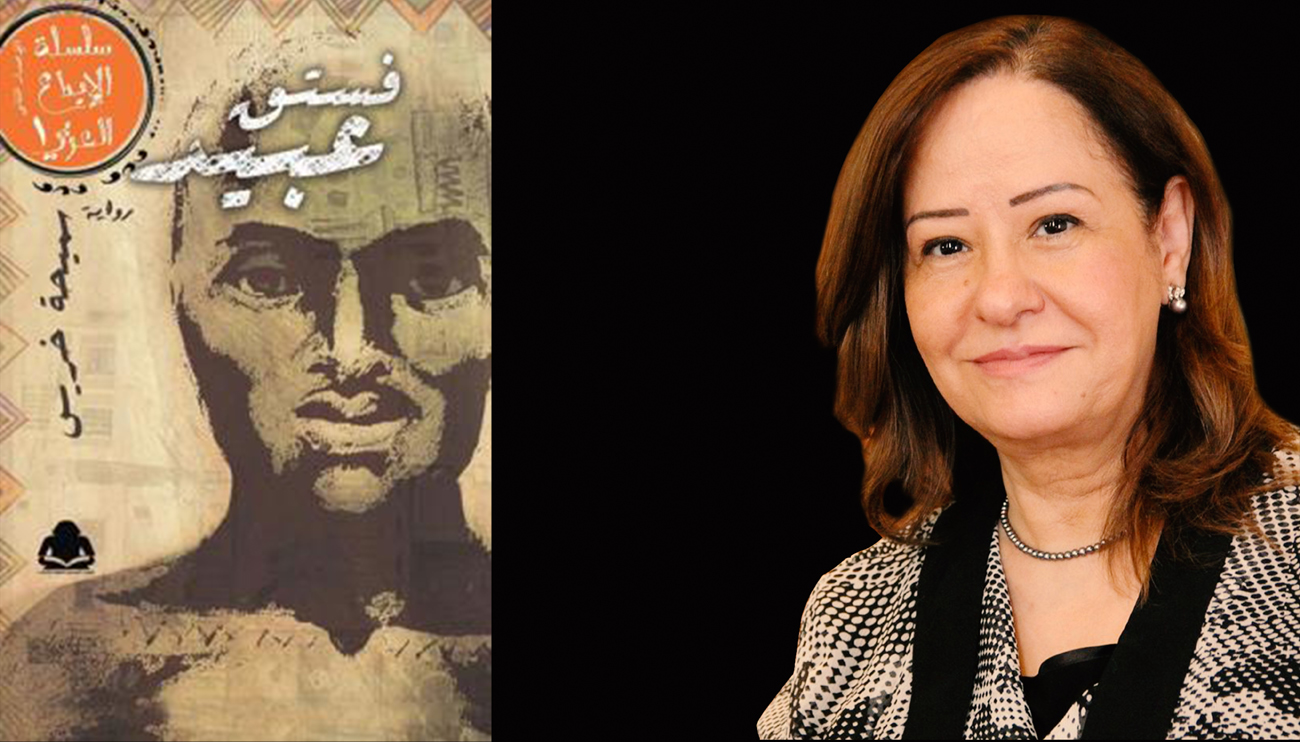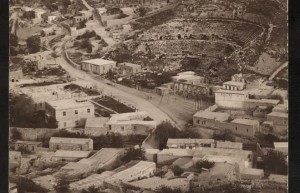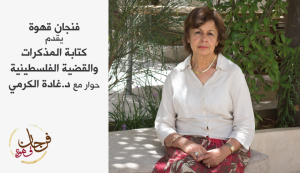By Al Hudood’s team
* Al Hudood interviews Karl Sharro, who will be hosted at 7iber’s Finjan Qahwa series next Monday, 19 May. Karl Sharro is an architect, writer, satirist, and commentator on the Middle East. He is a director at PLP Architecture in London and co-author of Manifesto, Towards a New Humanism in Architecture. He blogs at Karl reMarks, and you can find him on Twitter @KarlreMarks.
Without offering alternatives, do you think satire can still be constructive? How?
I wouldn’t necessarily use the word constructive, I don’t think that’s the role of satire specifically, but I think it can contribute to a wider critical sense of political and social issues. Satire has its limitations, if we are trying to use in a very direct political way, and it’s probably more suitable for simplified propaganda rather than complex political messages, if it’s intentionally used in an instrumental way. I think we have to be nuanced and subtle about how we use satire, and always keep in mind to respect the audience and try to engage them in a sophisticated way. I wouldn’t claim that I always do that, I try, but there are definitely lots of failures which I consider a natural product of experimenting with satire. Offering alternatives has to be the task of more direct forms of political action and writing, and that can never be replaced by satire.
Do you practice self-censorship? Were you ever afraid to publish something you have written?
I like to think that I don’t practice self-censorship. I think it’s more pernicious than external censorship, but there have been moments when I decided against writing an idea of which I had been thinking. My hesitation would be that the idea wouldn’t be self-explanatory enough to stand alone as a satirical piece of writing, rather than fear. Over the years, there were moments when I have wondered whether to publish a particular piece. I have always opted for publishing, and, in general, I was surprised by the lack of negative response. People who read my work have encouraged me to push the limits of my writing because of that. Often, my writing would be against their political camp, yet they are generally generous enough to accept it humorously. For example, I experienced that with a couple of satirical guides I wrote about Syrian rebel groups that were shared widely by supporters of the Syrian uprising.
I wondered a bit when it came to publishing pieces that can be seen as blasphemous, such as the one about God interviewing a suicide bomber. But I decided to publish it anyway, and again it had very positive responses. There were people who were critical but there haven’t been any fatwas issued against me yet.
With the diminishing average reading time, can written content compete with video?
I always wonder about that, and that’s why I try to do different forms of satire, from short animations to images. Ultimately, it’s the writing that I enjoy the most, and that I feel can be the most satisfying in terms of how satire is constructed. I limit my posts to under 1000 words, generally, so they don’t take a long time to read. I still believe there is enough of an audience to appreciate writing out there, and my ambition is to write a satirical book. From experience, I think there is enough of an audience out there to appreciate that and understand it can offer more than other forms.
In this region, why do you publish mostly in English? Who do you perceive to be your audience?
This is a very good question that I get asked a lot, and I think there are many reasons. First of all, my influences in written satire are mostly in English, and this has shaped the kind of language I use in satire. I experimented quite a bit in writing satire in Arabic and the response wasn’t as wide as that for the English pieces. This is definitely my issue, and not a general problem, because there is a wide tradition of satirical Arab writing. But I don’t think I have personally dedicated enough time to developing a contemporary satirical style in Arabic that would match the English, and I plan to work more on that. Having said that, some of my spoof animations that were done in Arabic were very widely read, and that was very encouraging.
The question of audience is, of course, very important. Because English is widely understood in the Arab world, I can have a much wider audience by writing in English, which I won’t deny. So my audience tends to be quite international and mixed in background. However, I have to mention that Arabic posts can also reach a very large audience that would exceed, in certain instances, the English-language audience. One of my satirical posts about Saudi Arabia taking the decision to ban everything was translated by someone else without my knowledge to Arabic, and then it spread on Arab social media more than the English version. I was quite pleased with that, and felt, also, encouraged to write more in Arabic.
What is the funniest or weirdest reaction you received in response to something you have written?
There have been quite a few funny and weird reactions since I started writing satire, some to do with people thinking that the posts are real when they were clearly satirical. For example, a Jordanian public figure once thought a fake letter that I had written, supposedly from the Lebanese politician Walid Jumblatt to Syrian president Bashar al-Assad, was real and he had been sharing it online as such, despite it being quite absurd in content.
However, the incident I thought was funniest, was when I made a joke in Arabic on Twitter about Hezbollah fighting in Syria and then heard a spokesman for the Free Syrian Army recite the joke verbatim on television, claiming that he had come up with it. (The joke was that Hezbollah will continue to Turkey, then Russia and the North Pole, then go around the Earth and surprise the Zionist enemy from the south.)
Is there a specific country that if you write about, you get more hate mail than the others?
These days I tend to get attacked by supporters of the Egyptian leader al-Sisi whenever I write about him, but I wouldn’t call it hate mail. I get called Islamist and ikhwangi, and sometimes terrorist, which I find very amusing. But it’s a very small group of Egyptians online, compared to a much larger number of Egyptians who like the work and share it. Egyptians in general tend to have a great sense of humour.
I also get some negative comments whenever I make fun of jihadists and al-Qaeda, but their fans by definition don’t generally swear, so it’s not very entertaining. But if I were to believe them, reservations have been made for me in hell.
Funnily enough, the people who tend to misunderstand my work the most seem to be from my country, Lebanon. I have also been accused of destroying Lebanon’s image abroad, and damaging tourism in Lebanon.
Who are your favorite authors, or ones who most influenced you? What’s your own favorite article?
In terms of satire, my favourite author was, and is, Woody Allen. I really enjoy his writing and stand-up comedy routines, and I have learned a lot from his absurdist style and how he combines high-brow and low-brow forms of comedy. I also like the American humorist Robert Benchley, who was famous in the 30s, but not as much today; his style was fantastic, and I learned a lot from it.
It’s very difficult to decide on one article, and it changes with time. But, at the moment, it’s probably a piece I wrote in February entitled A short, pre-emptive history of the Arab Spring. With some pieces you go back and read them after a while, and you groan at how unfunny they were. But there a few ones I can read and enjoy and feel that I managed to sustain the tempo of humour throughout in a way that might have some lasting effect, and I think I did that with this piece. I haven’t managed to do that with more than three or four pieces though, so it’s an incentive to keep writing.







